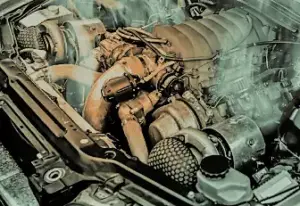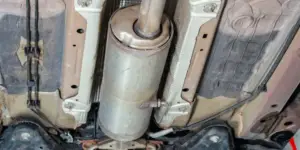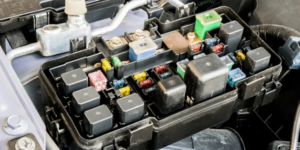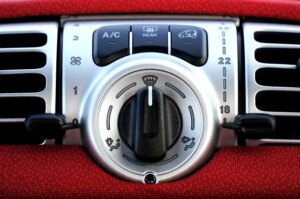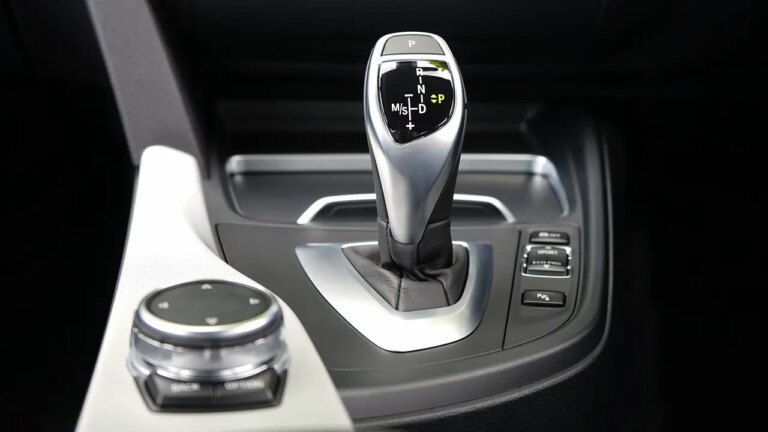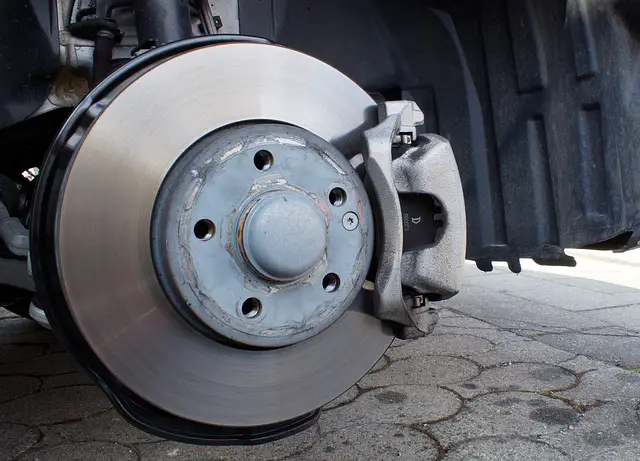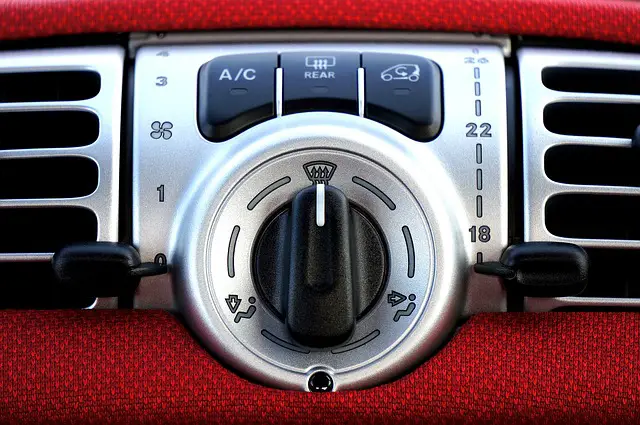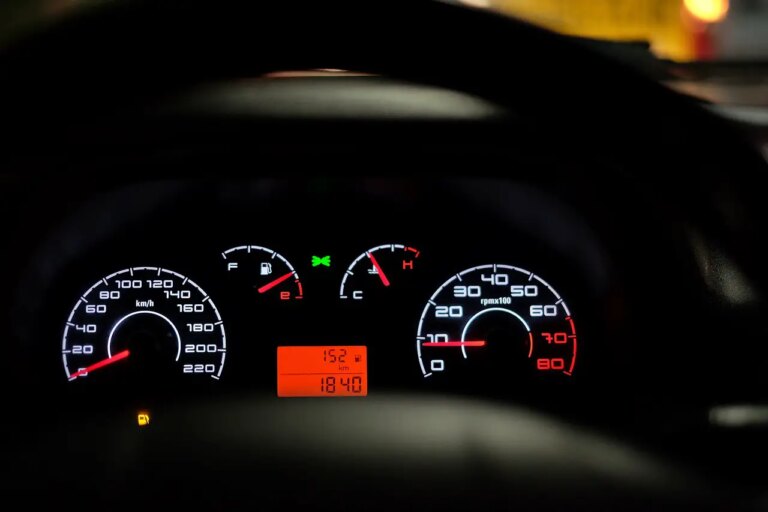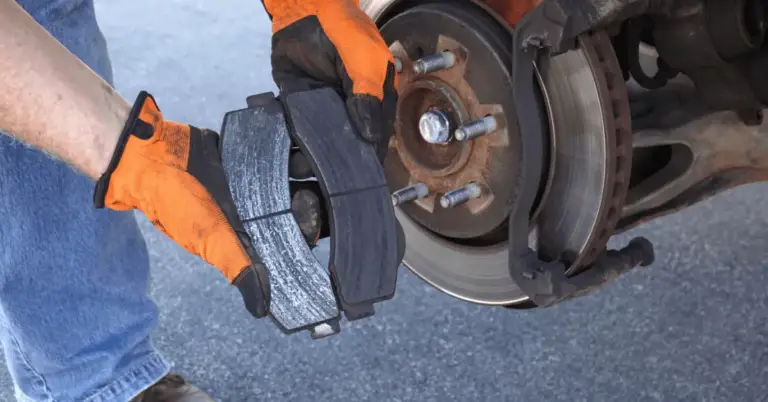You don’t often use your car horn, but it’s an important safety feature that needs to work properly when needed.
This article will examine what causes a weak car horn and the checks you can do yourself.
A few different things can cause this problem. The horn itself could be bad, a wire could be loose or corroded, or the horn button could be bad. Horns will usually have their fuse and a relay to power them. Some have a horn switch. If the horn works at all, the fuse and relay or horn switch are probably good.
You can check a few easy things before taking the car to a shop for repair.
Your car horn should sound around 93 Db. Anything less may not be heard clearly in traffic, at speed resulting in dangerous situations.
Intermittent Weak Horn
If the horn only sounds weak part of the time, that could signify a few different things. It could be that the horn sound unit is starting to go bad and will sometimes work normally and sometimes not.
If this is the case, the horn will probably worsen until it is replaced.
If the sound unit has water in it, that could cause it to sound weak. This is usually an issue when someone moves a horn from its stock location and is unlikely to be a problem on modern cars where the horn is in its standard location.
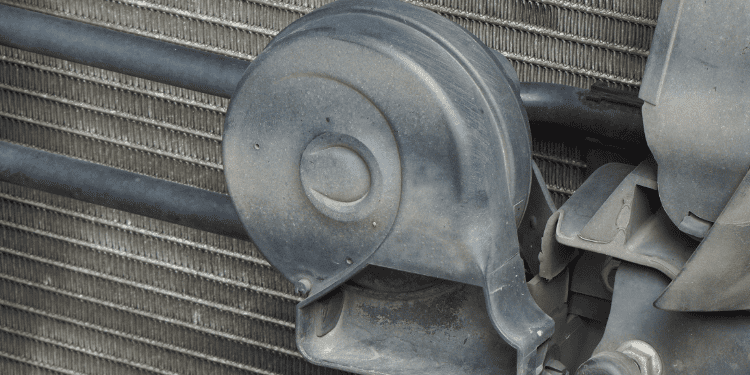
If a horn is in a location that allows water to get in it easily, it will eventually cause corrosion to develop in the horn, and it will stop working. If something is pressed against the horn, this could also cause it to sound muffled.
This most commonly happens when the car body gets damaged and creases the bodywork where the horn is mounted or if someone relocates the horn and mounts it too close to other parts.
Testing The Horn Relay
Before examining the horn, check out the relay. It’ll be in the fuse box. It is square and silver or black. The information on the box lid will help you locate it. Most relays are interchangeable, so replace the horn relay with another and see if the horn sounds louder.
If it does, you need a new relay. These are cheap and cost $10 – $20. You’ll need to check the horn itself if that doesn’t fix it.

Testing The Horn
In most cars, the horn is located at the front of the car. Usually behind the grill or mounted to the inner fender. Once you locate it, check to see if the wires going to it are loose, damaged, or have fallen off.
Also, look for rust where the horn mounts onto the car. This is more common in older cars but can cause the horn to be grounded.
If you find rust there, unbolt the horn and clean up any corrosion so that the horn will have good contact to clean, shiny metal.
Before bolting the horn back on, coat the area with dielectric grease to prevent corrosion from coming back. If that all looks good, look at the horn itself.
Most cars have one or two horns, one that makes a high tone and one that makes a low tone. One of them can stop working, causing the horn to sound weak.
To test, rest your hands on the horn and have someone honk the horn. You should feel a slight vibration as the horn is sounding. If there’s no vibration on one of the horns, it probably needs to be changed.
Another way to test a horn is to run two jumper wires directly from the battery to the horn. First, unplug the original wires from the horn, then connect the wires from the battery.
If the horn sounds normal, it’s probably an issue with the wiring, horn button, or switch.
Some car horns have dials that can be turned up to increase the volume. A weak horn may have been caused by the dial being turned down – perhaps by being knocked when other work was undertaken under the hood.

Testing The Horn Wiring
To determine if it’s a wiring issue, you can look at the wires that go to the horn. Car horns are reliant on a good connection. The better the voltage and less voltage drop, the louder the horn will sound.
There are usually one or two wires, a power wire, and a ground wire. There will be one power wire if the horn uses the mounting bracket as an earth ground.
Ensure that the terminals are not corroded and that the wires firmly clip onto them. Follow the wires back as far as possible to ensure they weren’t damaged. An easy way to test the wires is to get a test light.
You can buy one at an auto parts store or online for around $10. The test light will have a wire with an alligator clip on one end and a solid steel probe at the other with a light bulb between them.
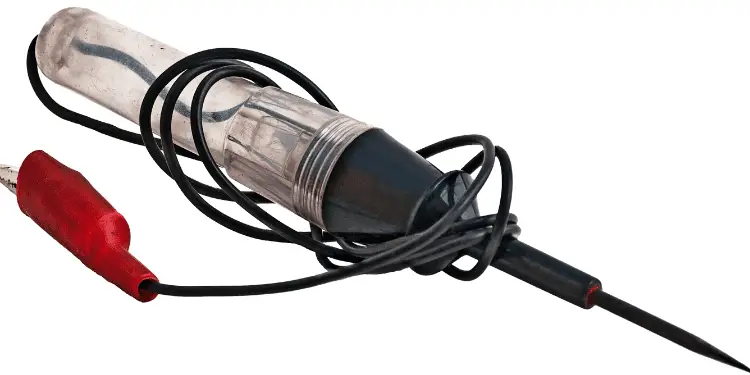
Connect the alligator clip to the negative side of the battery and touch the probe to the positive side of the battery. The light bulb should light up.
Notice how bright the bulb is. Now unhook the test light from the battery. Unplug the wires going to the horn. If there are two wires, connect one wire to the alligator clip and touch the other wire to the probe side of the test light.
It doesn’t matter which wire goes to the alligator clip or the probe side. If only one wire goes to the horn, connect the alligator clip to the horn mounting bracket and touch the probe to the wire.
While you’re holding the test light, have someone honk the horn. The test light should light up as bright as when connected to the battery. If it doesn’t, it could be a wiring issue or an issue with the horn button. If there is an issue with the wiring or the horn button, you will probably need a shop to diagnose and fix the issue.
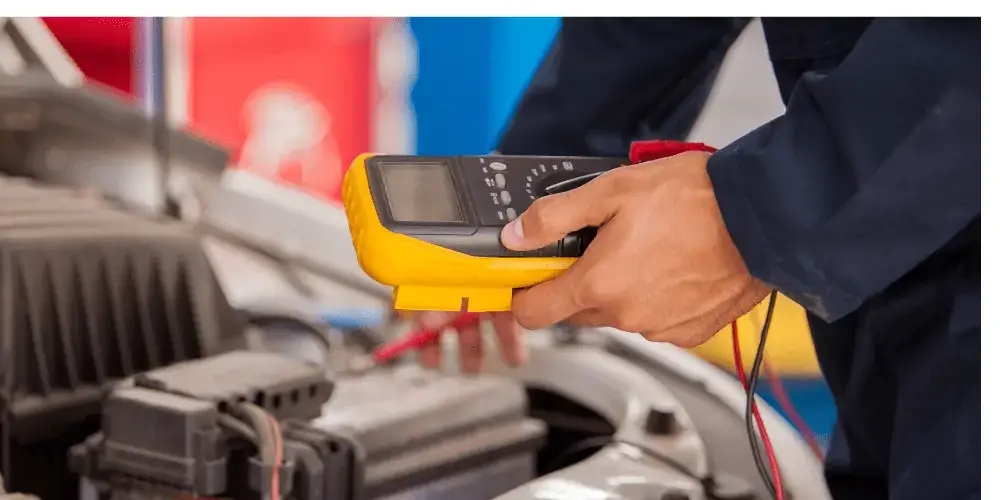
Because the horn button is located under the airbag in the steering wheel, it takes special tools and knowledge to work around the airbag safely.
How Much Will It Cost To Repair?
Most shops can diagnose and repair a weak-sounding horn in an hour or two. Most shop labor rates are $50-$100 per hour. If you need a new horn, that could cost around $75 for the part.
If it’s a wiring issue or the horn button, the price will vary based on what kind of car you have and your specific issue with the horn. If you found that your horn was bad and want to replace it, you could buy a used horn from a junkyard or online for less than $20.
Horns are usually attached with one or two bolts and are pretty easy to change. It should take less than an hour to replace the horn yourself.
In Conclusion
Any of the following problems might be the cause of your car’s horn sounding weak: broken horn switch failed horn relay. a wiring issue. Weak horns are easy and cheap to repair.



